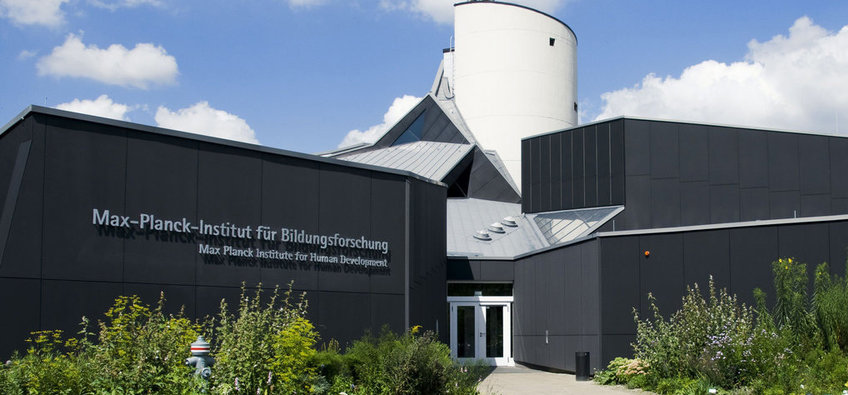
Max Planck Institute for Human Development
The Max Planck Institute for Human Development is dedicated to the study of human development, education, and human-machine interaction. Researchers of various disciplines – including psychology, education, sociology, medicine, history, economics, computer science, and mathematics – work together on interdisciplinary projects at the Berlin Institute. The research questions they examine include how people make effective decisions even under time pressure and information overload, how the school as an institution affects students’ development and learning processes, how the interaction between behaviour and brain function changes over a person’s lifespan, how human emotions change in a historical context and how they have affected the course of history itself, as well as what social innovations and challenges digitalization brings with it.
Contact
Lentzeallee 9414195 Berlin
Phone: +49 30 82406-0
Fax: +49 30 8249939
PhD opportunities
This institute has several International Max Planck Research Schools (IMPRS):
IMPRS on Computational Methods in Psychiatry and Ageing ResearchIMPRS on the Life Course
In addition, there is the possibility of individual doctoral research. Please contact the directors or research group leaders at the Institute.









